Nestled at the foot of Africa’s highest peak, Mount Kilimanjaro, the town of Moshi in northern Tanzania serves as more than just a gateway for adventurers and climbers. It’s home to the Moshi Kids Centre, a beacon of hope for vulnerable children in one of the world’s most picturesque yet challenging regions. Founded as an initiative of Zara Charity Tanzania, this NGO is transforming the lives of underprivileged kids through education, nutrition, and community support. But what makes its story truly compelling? The numbers. These quantifiable impacts not only highlight the Centre’s success but also underscore its commitment to donor transparency, ensuring every contribution counts. In a country where nearly 27% of the population lives below the poverty line and millions of children face barriers to education, the Moshi Kids Centre’s data-driven approach is proving that targeted interventions can break cycles of poverty.
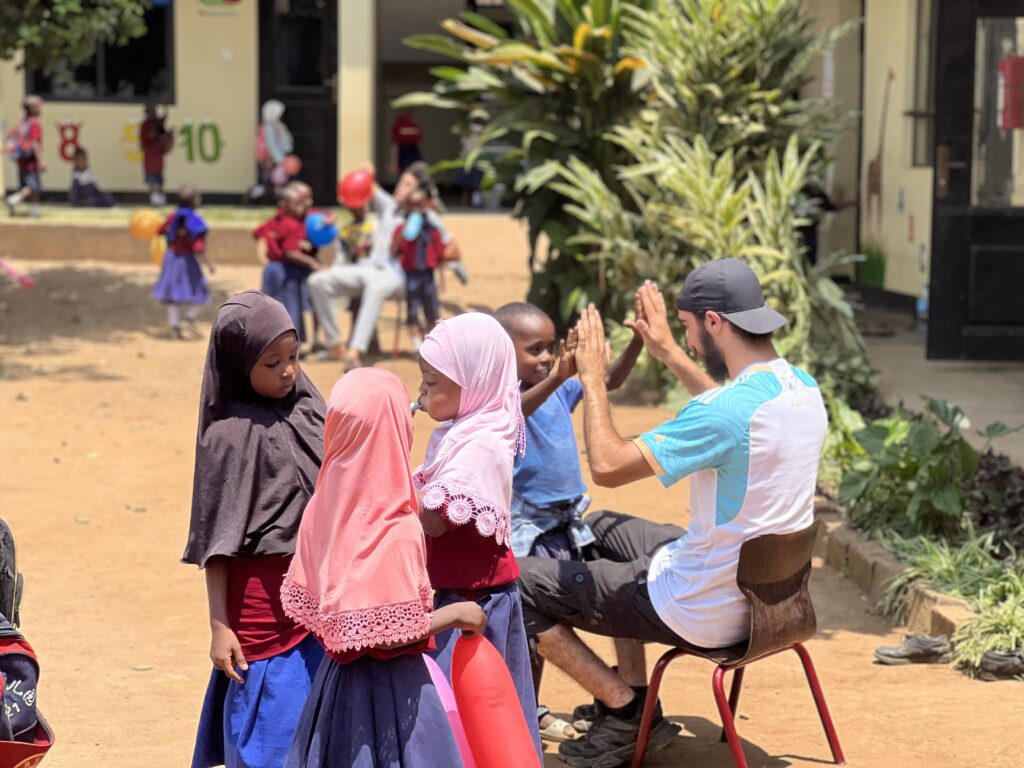
The Origins: From Vision to Reality
The Moshi Kids Centre was born out of a profound realization in 2009, when Zara Charity’s team encountered street children in the Pasua area of Moshi who lacked basic needs like food, shelter, and schooling. Led by visionary entrepreneur Zainab Ansell, the founder and CEO of Zara Tanzania Adventures and Zara Charity, the Centre was established to provide a safe space for early childhood education and holistic care. Ansell, a trailblazing figure in Tanzania’s tourism industry and recipient of the 2025 Top Women Excellence Award from the Tanzania Women Chamber of Commerce, has long championed sustainable development. Her efforts extend beyond business; through Zara Charity, she’s invested over 100 million Tanzanian Shillings (approximately $38,610) in constructing state-of-the-art classrooms for underprivileged schools, including the Moshi Kids Centre. This personal commitment from Ansell ensures the Centre isn’t just a facility—it’s a sustainable model for community empowerment.
Located on Tembo Road in the Pasua area, the Centre targets children aged 3–6 from low-income, orphaned, or pastoralist families. In Tanzania, where primary education is free in theory but hidden costs like uniforms and meals force thousands to drop out, the Centre fills a critical gap. Its programs align with global standards, such as the UN’s Nurturing Care Framework, emphasizing play-based learning, health screenings, and emotional support.
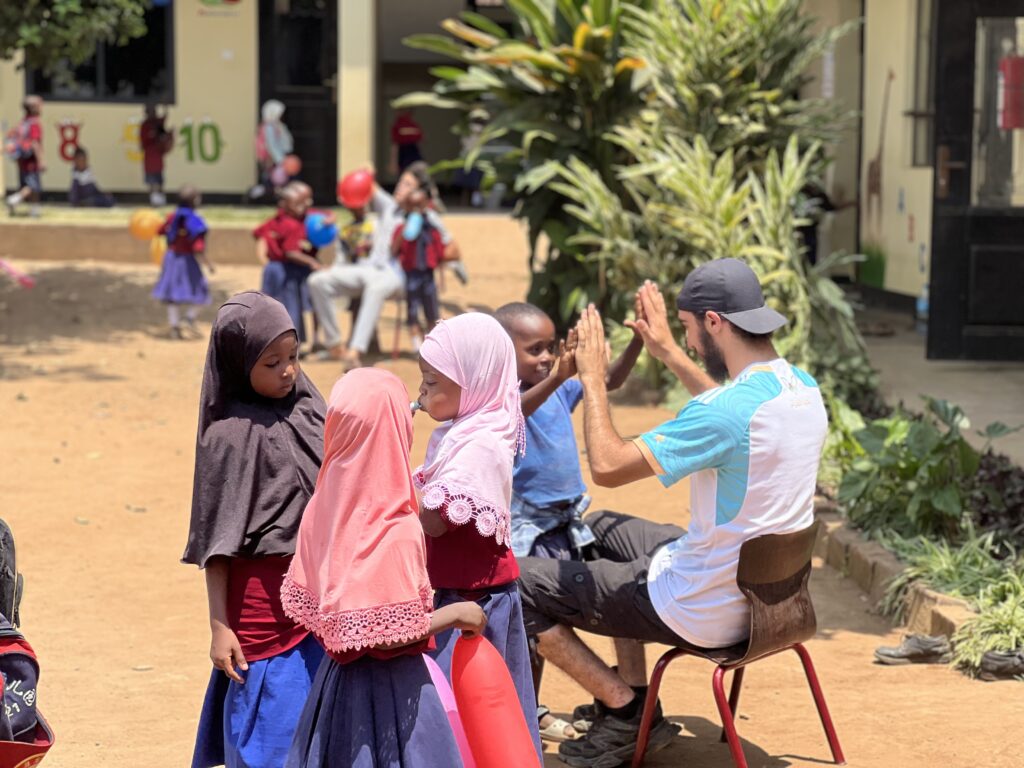
The Impact: Numbers That Tell a Story of Change
The true power of the Moshi Kids Centre lies in its measurable results. By focusing on early education and welfare, it addresses root causes of poverty in the Kilimanjaro region, where multidimensional poverty affects a high percentage of children. Here’s a breakdown of key impacts, drawn from the Centre’s transparent reporting:
| Metric | Achievement | Broader Context |
|---|---|---|
| Children Directly Benefited | Over 800 since inception | In a region where 45% of rural children live in substandard conditions, this represents a lifeline for families struggling with malnutrition and school dropout. Many graduates transition successfully to primary schools, outperforming peers in literacy and confidence. |
| Annual Enrollment | 100+ children (ages 3–6) | Free programs cover reading, writing, numeracy, English, and life skills, preparing kids for formal education and reducing dropout rates by up to 30% in participating communities. |
| Nutrition & Meals Provided | Daily meals for all enrolled children | Tackles malnutrition, a key health issue in Tanzania, with programs serving breakfast, lunch, and snacks—essential in a country where child stunting affects 30% of kids under five. |
| Volunteers Engaged | Hundreds annually, via partnerships like Volunteer Tanzania | International and local volunteers contribute 5,000+ hours yearly, teaching academics, music, crafts, and sports, fostering cross-cultural exchange and skill-building. |
| Infrastructure Investments | New classrooms and facilities funded (e.g., 2024–2025 upgrades) | Supported by Zara Charity, these enhancements serve 200+ additional children indirectly through community outreach, including tree-planting and health initiatives. |
| Community Ripple Effect | 900+ porters trained & insured via linked programs | Ansell’s Mount Kilimanjaro Porters Society improves welfare for tourism workers, whose families often benefit from Centre services, creating economic multipliers. |
These figures aren’t just statistics—they’re stories of resilience. For instance, one sponsored child might receive school fees, uniforms, and meals, enabling their parent to work and lift the family out of poverty. The Centre’s holistic model, including health screenings for issues like malaria, has led to healthier communities and inspired similar programs across Tanzania. Independent reports highlight how such interventions yield long-term returns: educated children are 20–30% more likely to escape poverty cycles, contributing to Tanzania’s broader development goals.
Donor transparency is at the heart of this success. The Centre publishes annual reports on its website (moshikidscentre.org), detailing fund allocation—e.g., 70% to direct programs, 20% to operations, and 10% to sustainability efforts. Partnerships with organizations like Zara Tours ensure accountability, with climbers and safari-goers often visiting the Centre to witness the impact firsthand. This openness builds trust, encouraging repeat donations and sponsorships that have sustained the program for over 15 years.
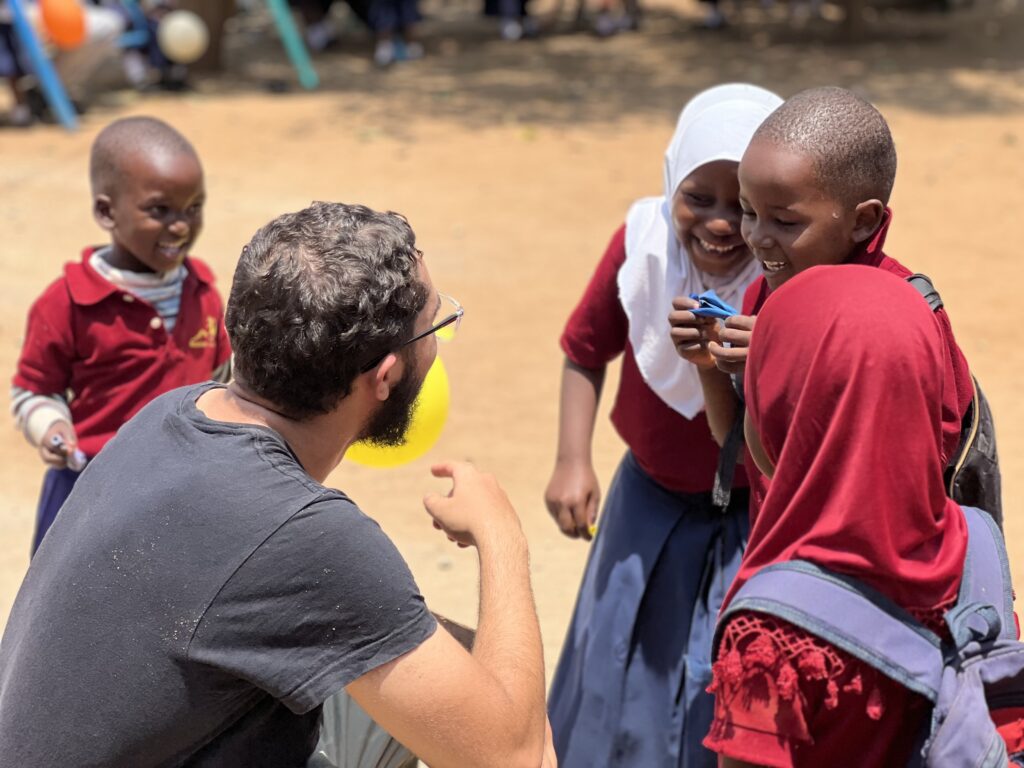
The Role of Volunteers and Tourism in Amplifying Impact
Volunteering in Tanzania, particularly at the Moshi Kids Centre, offers a hands-on way to contribute while experiencing Kilimanjaro’s wonders. Through collaborations with Volunteer Tanzania and Zara Tours, global participants engage in teaching, mentoring, and recreational activities. A typical volunteer might spend mornings leading English lessons or games, afternoons on crafts, and weekends exploring safaris in nearby Serengeti or Ngorongoro Crater. Testimonials from volunteers describe it as “life-changing,” with one noting, “The kids’ eagerness to learn made every day unforgettable.” Programs like Zara Tours’ “Climb for Charity” integrate visits to the Centre, where participants plant trees or donate supplies, blending adventure with altruism.
Zainab Ansell’s Zara Tours plays a pivotal role here, channeling tourism revenue into charity. As a leading operator since 1986, it offers packages that support the Centre, such as 7-day Kilimanjaro climbs with built-in community visits. This model exemplifies sustainable tourism: climbers not only conquer the mountain but also fund education for local kids, creating a symbiotic relationship between adventure and aid.
For those inspired to volunteer, options range from short-term stays (2–4 weeks) at volunteer houses in Moshi to longer internships. Costs cover accommodation and meals, with flexible schedules allowing time for cultural immersion. Whether you’re a teacher, healthcare professional, or simply passionate about kids, the Centre welcomes all, ensuring your skills make a direct difference.
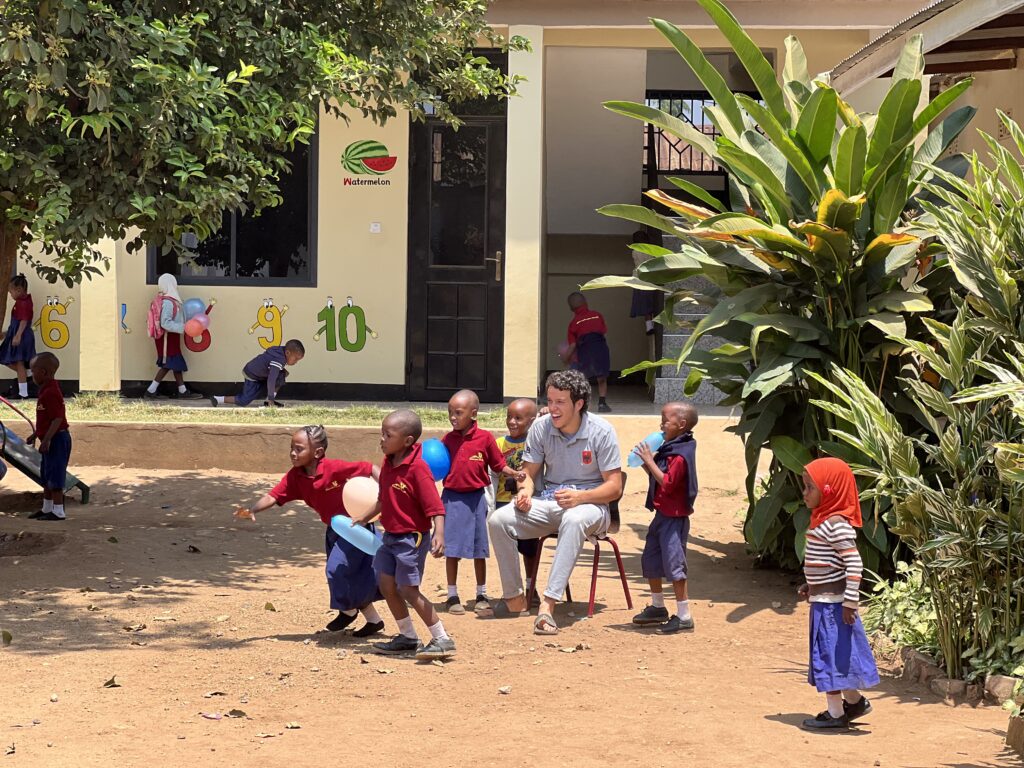
Looking Ahead: Sustaining the Momentum
As of September 2025, the Moshi Kids Centre continues to expand, with plans for digital learning tools and expanded sponsorships to reach 1,000 children by 2026. Challenges remain—poverty, climate impacts on Kilimanjaro’s agriculture, and funding gaps—but the numbers show progress. By donating via moshikidscentre.org, sponsoring a child ($50/month covers essentials), or volunteering through partners like Volunteer Tanzania, you can join this movement.
In the shadow of Kilimanjaro, the Moshi Kids Centre proves that the power of numbers—800 lives changed, countless meals served, futures brightened—can move mountains. Zainab Ansell’s unwavering dedication, coupled with transparent operations, makes it a model NGO in Africa. For more on volunteering in Tanzania or Zara Tours’ Kilimanjaro adventures, explore their blogs and sites to see how tourism and charity intersect for real impact. Together, we’re not just helping children; we’re building a stronger Tanzania.

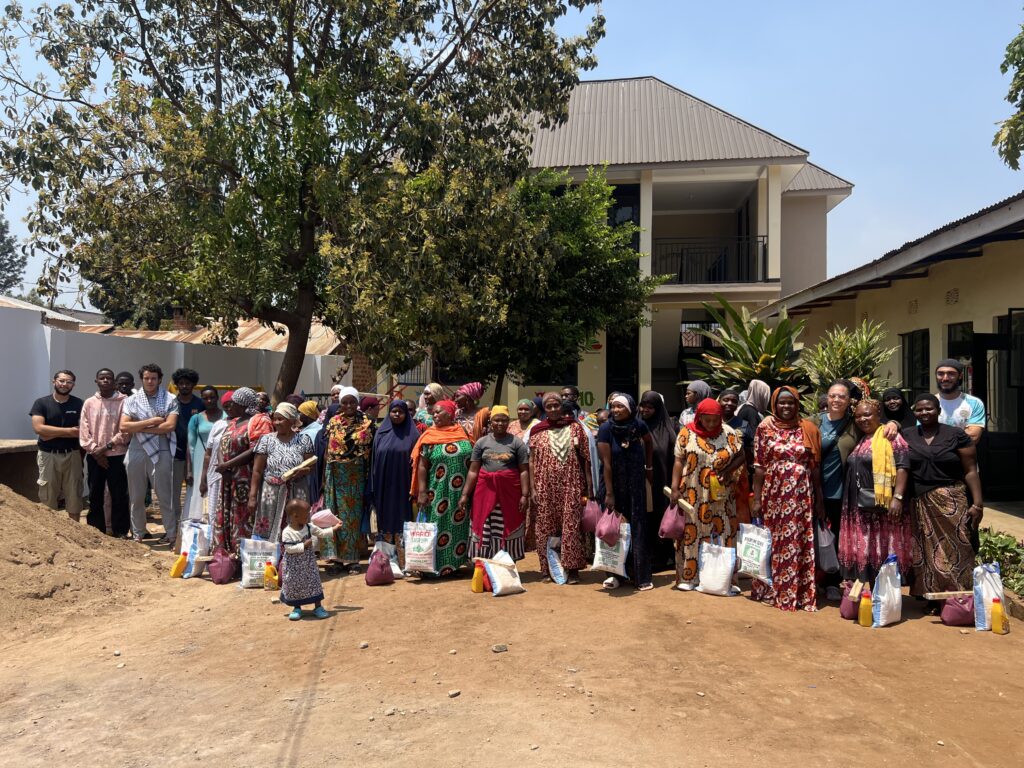
Pingback: Top Ways to Support Moshi Kids Centre | Child Education in Tanzania